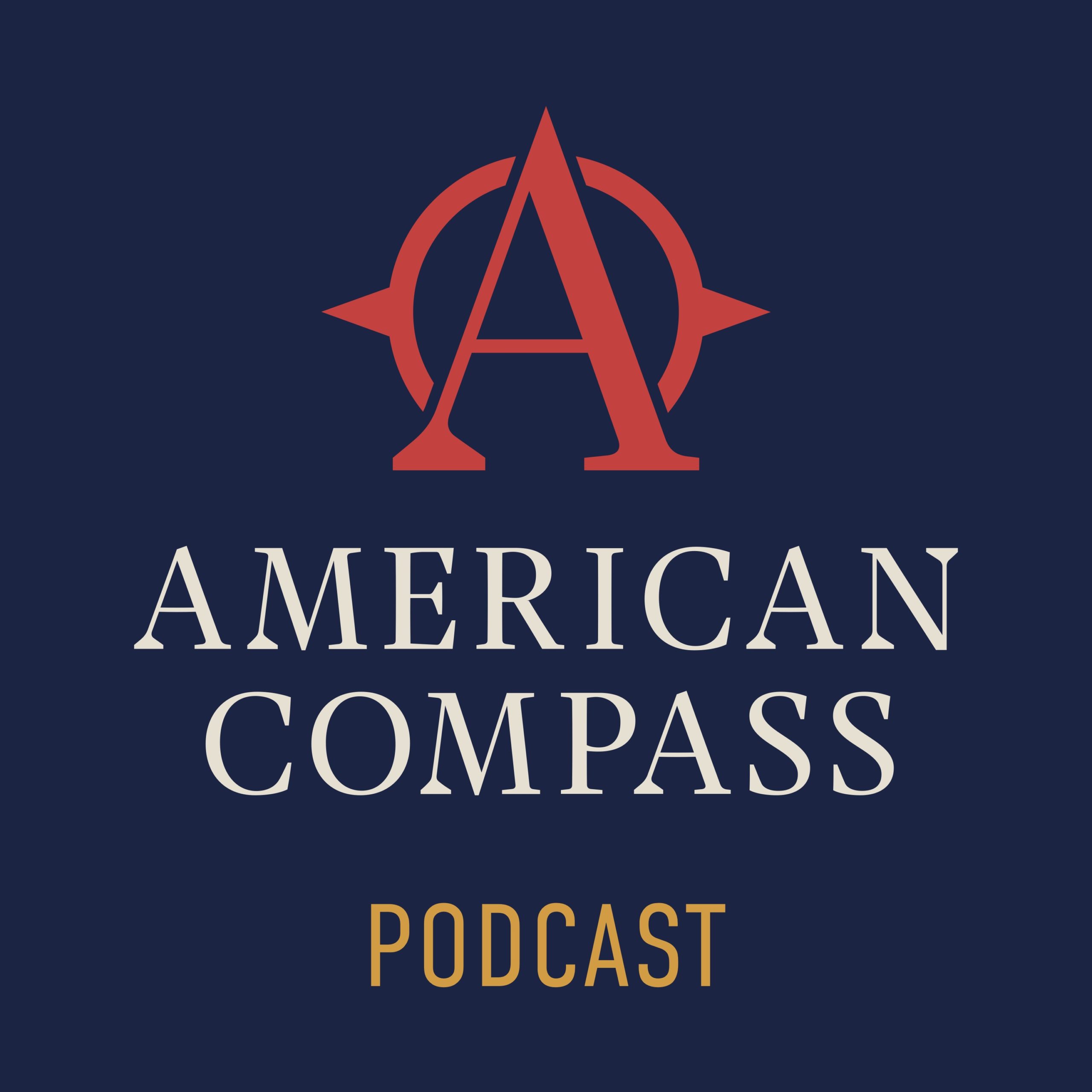
RECOMMENDED READING
It’s difficult to say what we mean by privacy when we spend so much of our time now projecting our psyches by digital mediation—a kind of ecstatic or out-of-body mode of living, somehow both clothed and naked. Few people really like the idea of an only semi-anonymized pile of data zipping through tubes somewhere out in the ether, telling the machine who they are, what they want, and what they’ll buy. But we go online anyway. Of course, everyone thinks a person’s privacy should be respected when she is going through difficult circumstances, usually after the fact, when we already know all about it. But now we’re all that person. How do you assess the importance of things like privacy?
Or as the policy people over at American Compass ask in their latest collection, “What happens to personal data as the digital age deepens their quality, widens their availability, and creates new uses for them?” What is private in an age of algorithms? American Compass’s research director, Wells King, argues that the privacy questions around Big Tech demand we reflect on the intersection of the individual and society as a whole: “The issue is perhaps best understood as one of national preservation. Surrendering to corporate surveillance may very well be in an individual’s best interests, at least as measured in terms of hedonic utility,” but this very individualization endangers any meaningful collective, and the potential and actual behavioral modification it represents seems to supersede political deliberation. We are now all consumers first, and then consumed, and only then Americans.
Recommended Reading
Talkin’ (Policy) Shop: Online Age Verification
On this episode of Policy in Brief, Oren Cass is joined by Chris Griswold to discuss a proposal to create an online age-verification system to keep kids safe online.
Policy Brief: An Online Age-Verification System
Congress should create a publicly provided online age verification system that would allow any person to privately and securely demonstrate their age online.
The Costs of Tech Policy Inaction
Regulatory skeptics make a fundamental mistake in assuming that the United States can freely choose between greater state intervention in digital markets and a continued laissez-faire approach.












